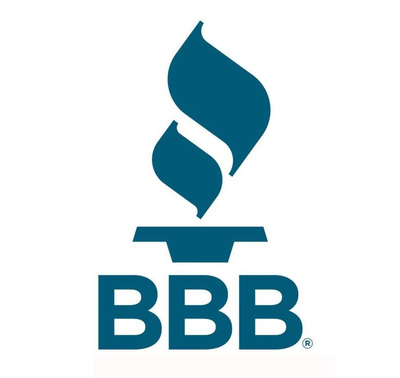BBB Warns of Fake Customer Support Accounts
Tuesday, March 25th, 2025 -- 1:01 PM

BBB reminds consumers to use extra caution when publicly posting on social media to resolve an issue with a business.
With impostor scams on the rise, fraudsters are creating fake customer support accounts, including for BBB, to target users seeking business resolutions.
The scam works by you logging on to your social media account to post about an issue with a business’s product or service, hoping for a quick resolution.
You tag the business and await a response. In a few minutes, you notice a reply to your post from an account that appears to be for the business’ customer support team.
You may even receive multiple responses from several different customer support accounts, each claiming they can help you resolve the issue if you direct message (DM) them with all the details, including personal information like your phone number.
In reality, the customer support account is fake. If you message one of these accounts, instead of resolving the issue with the business as you anticipated, you may end up with a bigger headache after handing over your personal or financial information to a scammer.
How to avoid customer support impostor scams
- Look at the customer support account’s profile. Most impostor accounts were recently created to attempt to fool consumers. Check to see how long the account has been active and how many friends or followers it has. Real customer support accounts typically have a long history and have many followers. Remember, verification is now a paid service, so thoroughly inspect the account before you act. Telltale signs of a fake account include spelling or grammar errors, stock image profile pictures, and social media handles that look illegitimate.
- Use caution if you receive multiple responses. If you reach out to a business publicly on social media and receive several responses from multiple “customer service” accounts, take that as a major red flag. Do your due diligence and check whether the business’ real customer service account responded. If the accounts look fake, ignore them.
- Don’t fall for fake account recovery services. If the issue you’re looking to resolve with a business involves recovering a login or account, watch out for fake account recovery services responding to your post. You should never have to pay to recover your accounts.
- Never provide personal or financial information to a stranger. If an account you’re messaging starts asking for your personal or financial information that has nothing to do with the issue at hand, stop communication with them.
- Don’t click any links that are sent to you. If the “customer support agent” sends you a link to a website to resolve your issue, think twice before clicking. Scammers are easily able to make fake websites and URLs that look legitimate but are actually created to steal your information or install malware on your device. Refrain from downloading attachments, too.
- When in doubt, stop communication and contact customer service on your own. If you’re questioning who you’re messaging on social media, your best bet is to go to the business’s real website and find their customer support contact information there. Even if social media is your preferred method of communication, calling the business may be the safer route.
Read more about social media scams and how to spot a scam. Impostor scams are everywhere, read helpful tips to identify and avoid them. If you’ve seen or experienced a scam, help warn others by reporting it to BBB Scam Tracker.
For more information or further inquiries, contact the Wisconsin BBB at www.bbb.org/wisconsin, 414-847-6000 or 1-800-273-1002. Consumers also can find more information about how to protect themselves from scams by following the Wisconsin BBB on Facebook, Twitter, Instagram and YouTube.
Feel free to contact us with questions and/or comments.




